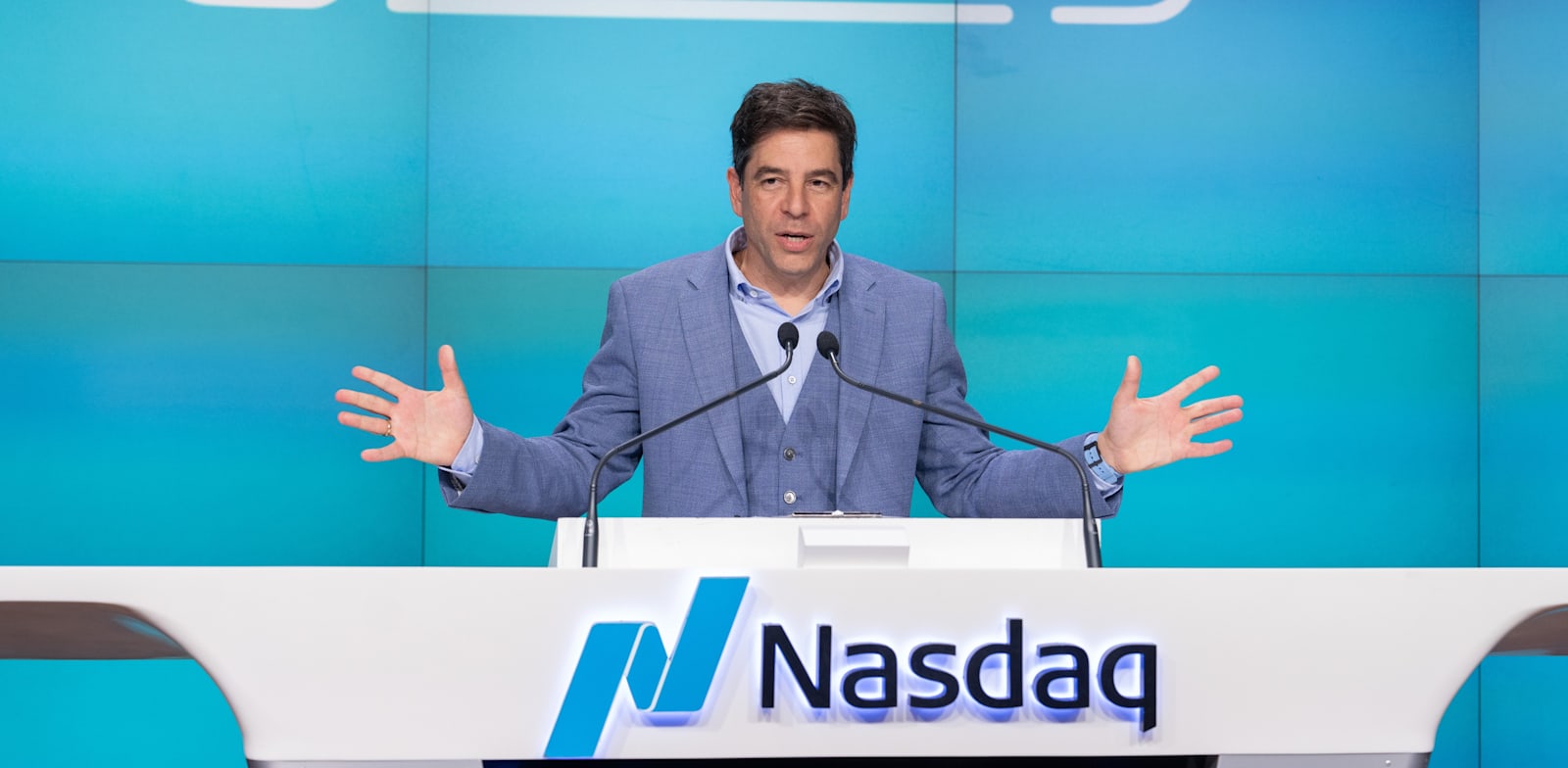Ethiopia is set to undergo a significant change in its foreign property ownership policy, which is part of Prime Minister Abiy’s economic reform agenda. The move is aimed at liberalizing key sectors of the country’s economy and attracting more international investment. However, this policy is not just a long-term strategy but also an attempt to tackle a short-term problem.
The government believes that allowing foreign property ownership will enable authorities to raise taxes and generate competition in the local private real estate market. Local property developers like Solomon Assefa see the potential of this policy to bring much-needed foreign exchange into the economy, especially in the luxury segment where foreign buyers could help boost sales.
Ethiopia’s attractiveness to foreign investors will depend on factors such as cheap labor and subsidized electricity provided by the government. This move also explains why prime city-center plots have been allocated for construction of luxury apartments, with private developers committing to a public-private partnership with the state.
In January, the finance ministry announced plans to construct over 78,000 affordable housing units in Addis Ababa through international tenders. Auctions will be used to raise funds for these projects, leading to widespread demolitions in the capital to make way for new developments. However, this also raises concerns about Ethiopians being evicted to accommodate these new properties, highlighting the potential challenges that may arise as the new policy is implemented.
Overall, this shift in foreign property ownership policy has the potential to transform Ethiopia’s economic landscape and attract more investment from abroad. However, it also comes with its own set of challenges that must be carefully considered and addressed as it is implemented.


